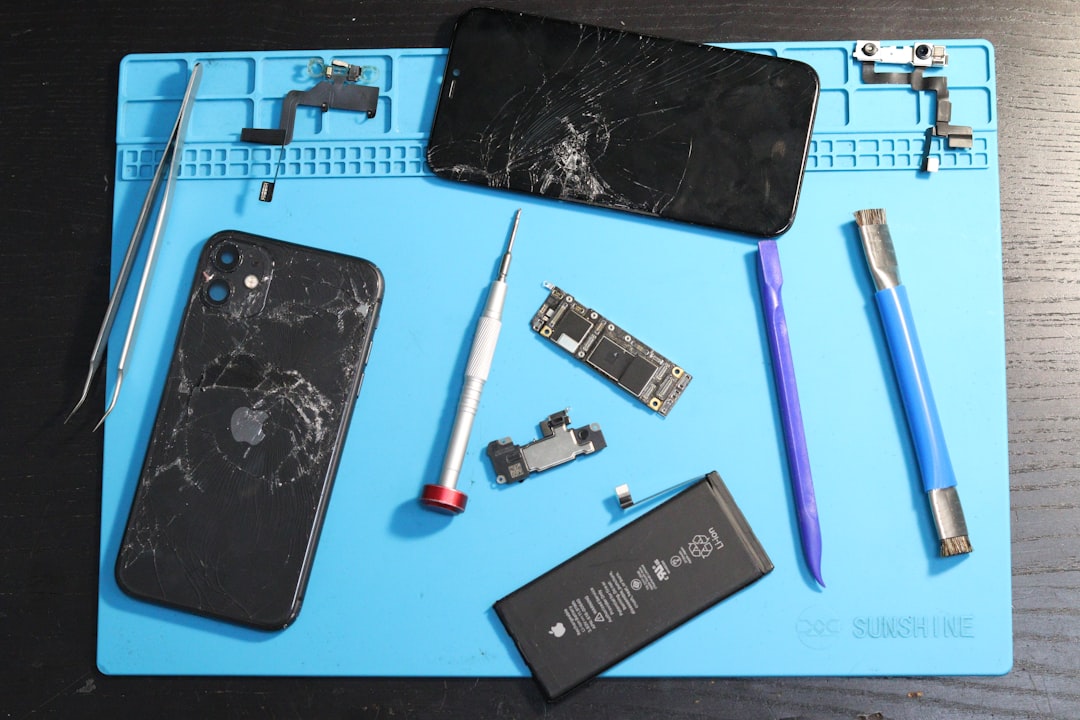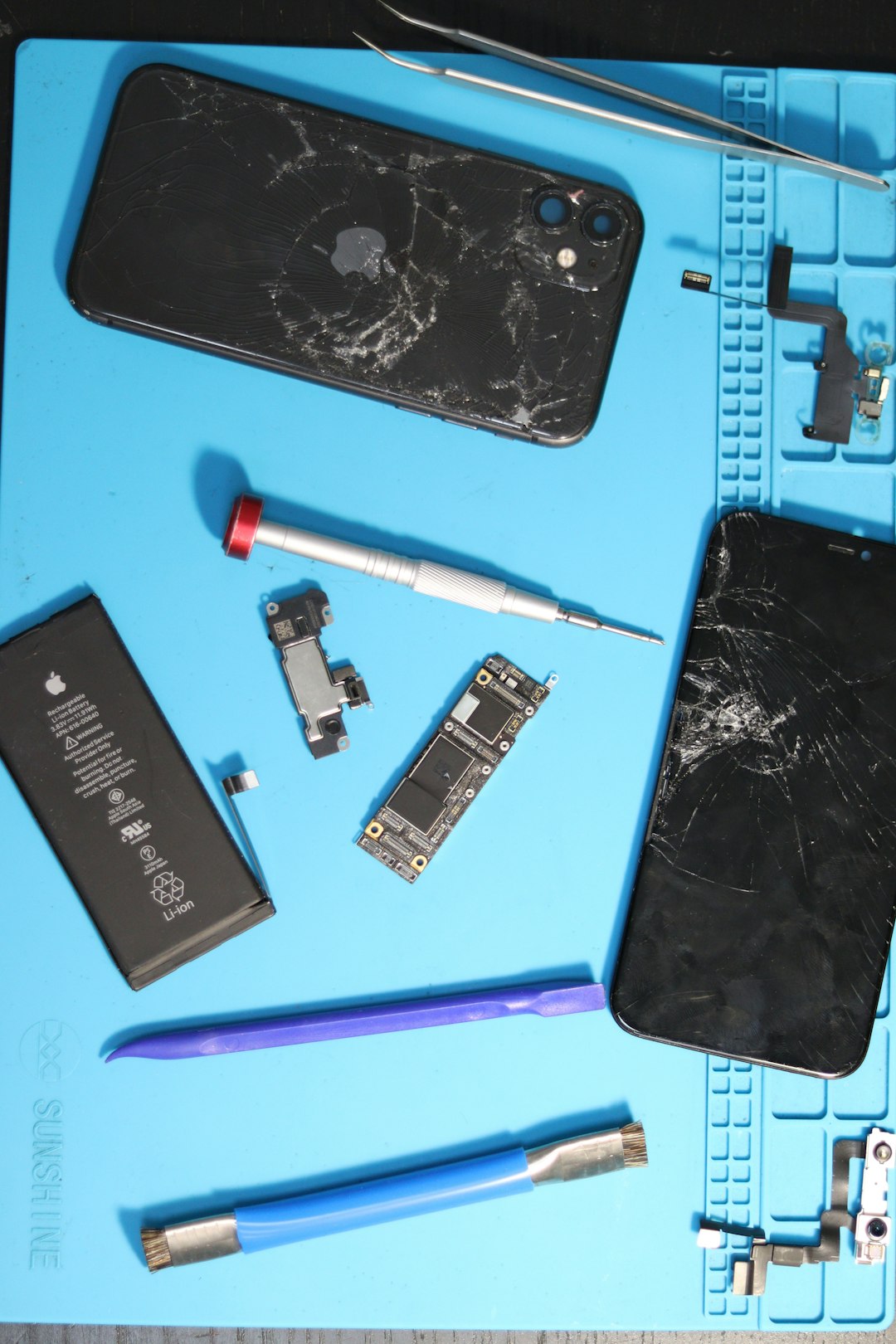Even a broken iPhone can fetch a decent price if sold smartly. Whether it’s a shattered screen, a dead battery, or an unresponsive touchpad, selling a broken iPhone isn’t as hard as it may seem. With the right approach, sellers can get the best possible return on a device that might otherwise just gather dust. This guide offers practical tips on how to prepare, price, and promote a broken iPhone for sale.
Evaluate the Condition Honestly
The first step in selling a broken iPhone is to evaluate its condition accurately. Buyers appreciate transparency and want to know exactly what works and what doesn’t. Make a list of the defects, such as:
- Cracked or unresponsive screen
- Battery issues
- Audio or microphone problems
- Water damage
- Non-functioning Face ID or Touch ID
Be honest in your product description. A straightforward account of the damages can build buyer trust and help avoid returns or conflicts later.

Back Up and Wipe Your Data
Before selling any iPhone — broken or not — it’s crucial to back up all data. Use iCloud or iTunes to ensure that personal information isn’t lost or passed on to the buyer. After backing up, completely erase the phone and remove it from your Apple account:
- Open Settings → Tap your name → Select iCloud → iCloud Backup
- Back up the device
- Sign out of iCloud and remove the device from Find My iPhone
- Go to Settings → General → Transfer or Reset iPhone → Erase All Content and Settings
This protects your privacy and also increases buyer confidence since Activation Lock won’t block the new user.
Research the Market Value
Pricing a broken iPhone competitively requires some quick market research. Visit sites like:
Search for phones that match your model and damage profile. Compare those listings to determine your pricing strategy. If repairs are minor, it may be worth fixing the issues first to increase resale value. However, replacing batteries or screens should only be done if the cost of parts and labor won’t overshadow the resale price.
Choose the Right Selling Platform
Different online platforms cater to different audiences, and choosing the right one can improve your chances of a profitable sale. Here are a few popular options:
- eBay: Best for auctions and competitive pricing
- Swappa: Great for selling to individual buyers with detailed listings
- Facebook Marketplace: Ideal for local no-shipping-required sales
- EcoATM: Fast, kiosk-based sale but often lower payout
Each site has pros and cons. Auction-based platforms might yield higher payouts but can take longer, while trade-in sites offer convenience but generally provide lower offers.

Highlight the Salvageable Parts
Even if the phone doesn’t work, it might still have valuable components. Include in your listing whether the phone’s motherboard, camera, or casing are in good shape. Some buyers are looking to repair other devices or reuse parts. This increases your product’s attractiveness and could justify a higher asking price.
Package and Ship Securely
If you’re mailing the phone, make sure to use bubble wrap or a padded envelope to prevent further damage during shipping. Include all compatible accessories like the charging cable or original box if available — doing so can enhance the sale value.
FAQ: Selling a Broken iPhone
- Q: Can I sell an iPhone that won’t turn on?
A: Yes, but be honest about its condition. Indicate whether the issue may stem from battery problems, water exposure, or internal failure. - Q: Should I try to repair a cracked screen before selling?
A: Only if the repair is affordable and significantly increases the resale price. Otherwise, disclose the damage and sell as-is. - Q: How do I remove iCloud from a broken device?
A: You can log in to your iCloud account via a browser and remove the device from “Find My iPhone.” Make sure to do this before selling. - Q: Where can I get the most money for a damaged iPhone?
A: Usually, platforms like eBay or Swappa offer the highest payout, especially if selling to individual buyers rather than trade-in services.
With the right preparation, even a broken iPhone can be turned into money instead of waste. Transparency, market awareness, and smart platform selection are key to maximizing profit.
